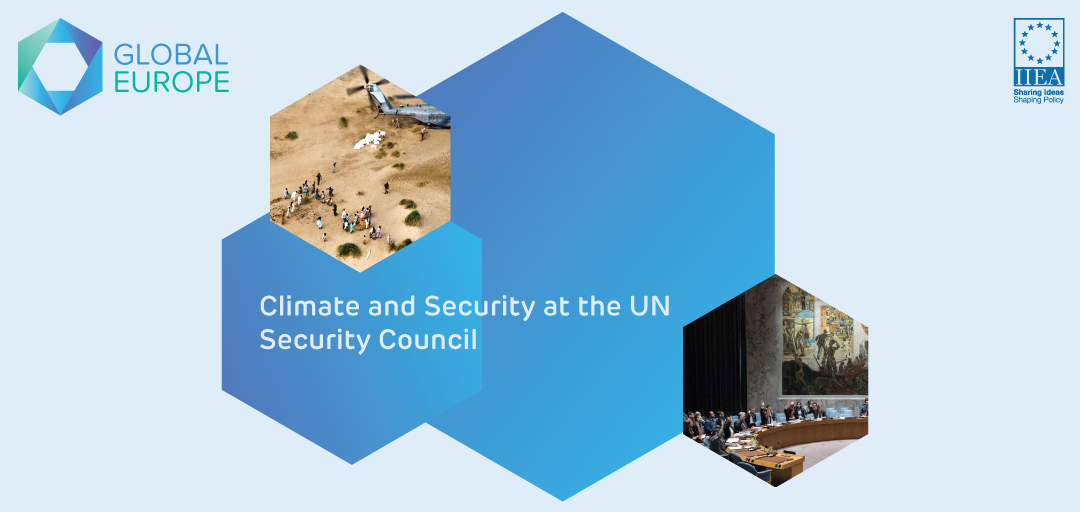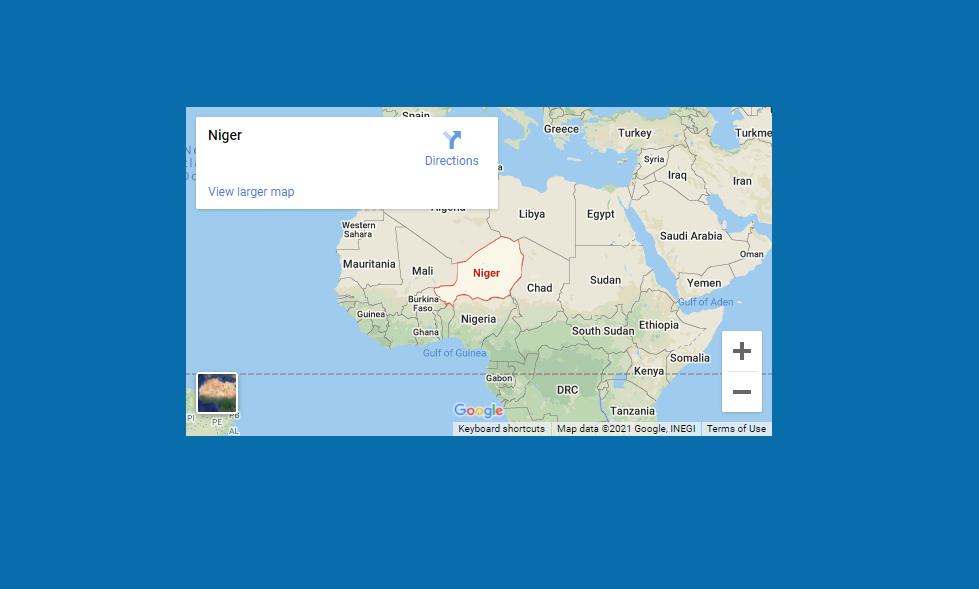Climate and Security at the UN Security Council

Over the course of the past decade, the UN Security Council has grown increasingly cognisant of the threat that climate change poses to security around the globe. Despite the fact that there has not yet been a dedicated UN Security Council resolution on climate change, the evolution of the Security Council’s position is evidenced by the proliferation of official meetings on this issue. Moreover, while the security implications of unabated climate change in certain countries have been well documented, the question as to whether climate change should even be considered on the Security Council agenda at all remains a divisive one.
Against this background, the following explainer seeks to outline some of the most serious implications of climate change for security as well as examining the unique role that Ireland can play on climate and security during its two-year membership of the UNSC. In addition, a timeline provides an overview of the key meetings which have taken place on climate and security at the UNSC to date. Finally, in the context Ireland’s role as co-chair of the Informal Expert Group on Climate and Security, there is a spotlight on Niger and its partnership with Ireland at the UNSC on this issue.
Climate and Security at the UN Security Council: Timeline
The UN Security Council (UNSC) has held six open debates specifically on the challenges posed to international peace and security by climate change — in 2007, 2011, 2018, 2019, 2020 and 2021 — while also addressing the issue at Arria formula meetings and within broader debates on water security, conflict prevention, and complex challenges to peace. Furthermore, the UNSC has included references to climate security risks in resolutions related to Somalia, Darfur, West Africa and the Sahel, Mali, and the Lake Chad Basin. The following timeline provides an overview of the key meetings on climate and security which have taken place at the UN Security Council to date:

Climate and Security at the UN Security Council: Niger and Ireland
Niger is a landlocked country in West Africa, with a population of approximately 23 million people. It is a nation that suffers from frequent droughts, insurgency and widespread poverty. According to the UN’s latest human development index rankings for 189 countries, Niger is ranked as the world’s least developed nation. Ireland’s policy for international development, A Better World, endeavours to address such global disparities, in countries such as Niger, by reaching the furthest behind first.
Climate vulnerability is intrinsically linked to security issues in Niger, as recurrent droughts, flooding and food insecurity in the Sahel region have exacerbated the outbreak of violent conflict and forced migration.
Niger had its first democratic transfer of power after Mohamed Bazoum was sworn in as President on 2 April 2021. The inauguration came days after the government thwarted an attempted military coup and marks the first time an elected leader has peacefully handed power to another since independence in 1960.
As co-chairs of the Informal Expert Group on Climate and Security for 2021, Ireland and Niger will work closely to ensure information sharing on the why and how of climate action in the context of building and sustaining peace in the Sahel region and beyond.
As co-penholders on the West Africa and Sahel file (UNOWAS), Ireland and Niger led negotiations among Security Council members in the adoption of a Presidential Statement on UNOWAS in February 2021.

